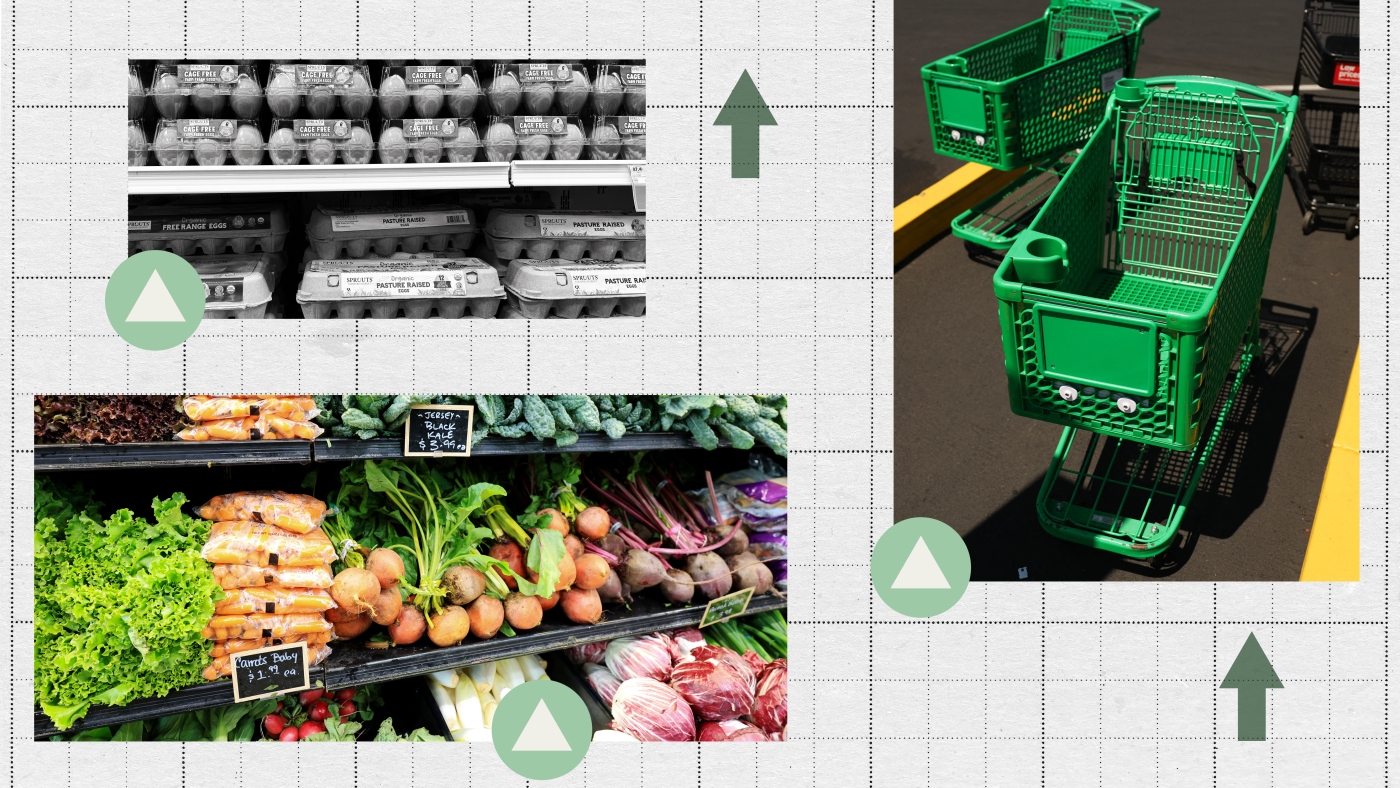Food prices are a growing concern. In the past year alone, grocery costs jumped by 3.2%, surpassing overall inflation rates. A survey by The Associated Press and NORC revealed that over half of Americans feel stressed about rising grocery prices, more than issues like rent or healthcare.
Since February 2020, grocery prices have increased by 29%, according to the Bureau of Labor Statistics. This surge is rooted in several factors. Initially, the pandemic caused supply chain disruptions as people shifted to cooking at home. The 2022 invasion of Ukraine exacerbated the situation, driving up food prices globally. Moreover, avian flu has recently pushed egg prices higher, and tariffs imposed by former President Trump are influencing the costs of imported goods like bananas and coffee.
Shelia Fields, a retired nurse from Galveston, Texas, shared her experience of constantly searching for discounts. “We don’t go hungry,” she said, “but we worry about how long our savings will last.” After living through past recessions, Fields feels more anxious about the current economic climate, stating, “This is the scariest we’ve ever been.”
In a related survey, stress from grocery costs outpaced concerns about student debt and healthcare, reflecting a significant shift in priorities for many Americans. Rebecca White, a bank employee in Cincinnati, echoed these sentiments, as she struggles to make her paycheck stretch. She resorts to cheaper meals, often opting to skip breakfast. “Prices rarely come down once they go up,” she lamented, pointing to the lasting effects of past price hikes.
Retailers are noticing changes as well. Shoppers are visiting stores more frequently, looking for bargains, and increasingly choosing private-label products to save money. David Ortega, a food economist at Michigan State University, explained the political implications of rising grocery costs, noting that these issues have become central to political discussions.
Coffee prices, for example, have skyrocketed by over 20% in the past year. This rise is partially due to climate factors in major coffee-producing countries like Brazil and Vietnam, but tariffs also play a role. “Tariffs are simply a tax on imported goods,” Ortega clarified, meaning consumers pay the price at checkout.
Many people, including Fields, have started buying in bulk. “We haven’t purchased coffee in a month, and prices keep climbing,” she said with a laugh, but there’s an underlying worry about what will happen when supplies run out.
As grocery prices continue to rise, the impact on everyday life becomes clearer. For many, eating well is becoming both a financial and emotional challenge, making it essential to navigate these changes wisely.
For more insights on the effects of rising grocery costs, you can visit the Bureau of Labor Statistics for the latest data and trends.


